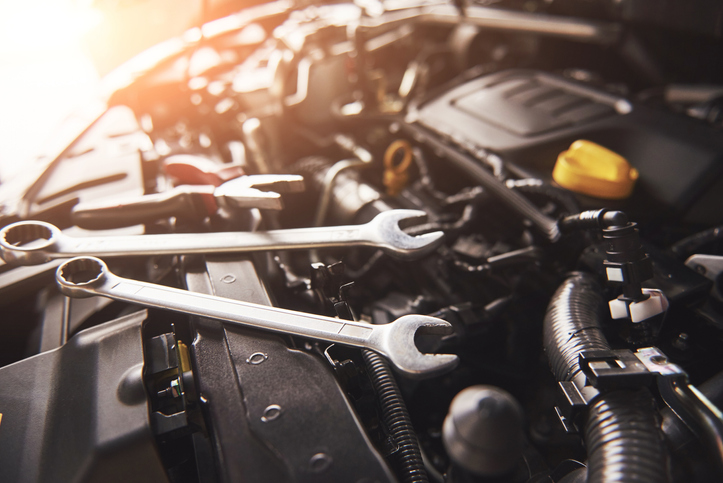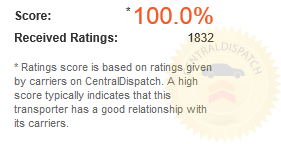The most common reasons a car’s engine is not starting
How to prevent engine issues

The most common reasons a car’s engine is not starting
A car’s engine not starting can be a frustrating and inconvenient experience. There are several reasons why this issue may occur, ranging from simple to more complex problems. A dead or weak battery is one of the primary reasons for a no-start situation. If the battery is not providing enough power to crank the engine, the car won’t start. This issue can often be resolved by jump-starting the vehicle or replacing the battery if it is old or faulty.
The starter motor is responsible for initiating the engine’s crankshaft rotation. If the starter motor fails, the engine won’t crank, and the car won’t start. A clicking noise when turning the key can indicate a faulty starter. A malfunctioning ignition switch can prevent the flow of electrical power to the starter motor. If the key turns, but the engine doesn’t crank, the ignition switch may be the culprit. Replacing the ignition switch is a common solution.
Issues with the fuel system, such as a clogged fuel filter, fuel pump failure, or insufficient fuel pressure, can lead to a no-start condition. Without an adequate fuel supply, the engine won’t ignite. Spark plugs play a crucial role in igniting the fuel-air mixture in the engine cylinders. If the spark plugs are fouled, or the ignition system is faulty, there may be no spark to initiate combustion. Problems with the airflow, such as a clogged air filter or a malfunctioning mass airflow sensor, can disrupt the air-fuel mixture ratio needed for combustion. This can lead to difficulty starting the engine or a complete failure.
Fuel injectors are responsible for delivering fuel into the engine cylinders. If they are clogged or not functioning correctly, the engine may not receive the proper fuel supply for ignition. The crankshaft position sensor provides information about the crankshaft’s position and speed to the engine control module. If this sensor fails, the engine may not start or stall after starting.
Modern cars have security systems that prevent the engine from starting if unauthorized access is detected. Issues with the key fob, immobilizer, or alarm system may lead to starting problems. The timing belt or chain synchronizes the movements of the engine’s crankshaft and camshaft. If the timing is off due to a damaged or broken timing belt/chain, the engine may not start.
Diagnosing the specific reason for a car’s engine not starting may require professional assistance, especially for complex issues. If troubleshooting basic components doesn’t resolve the problem, it’s advisable to consult with a qualified mechanic to identify and address the underlying issue.
How to prevent engine issues
Preventing engine issues for cars in Puerto Rico is crucial for maintaining the longevity and performance of your vehicle. Regular maintenance and good driving habits can significantly reduce the risk of costly engine problems. Adequate lubrication is essential for the smooth operation of an engine. Regular oil changes ensure the engine is properly lubricated, reducing friction and minimizing wear on crucial components. Follow the manufacturer’s recommendations for oil change intervals.
Using the correct type and viscosity of oil recommended by the vehicle manufacturer is crucial. The wrong oil can affect engine performance and may not provide the necessary protection for internal components. The air filter prevents dirt, dust, and debris from entering the engine. A clogged air filter restricts airflow, affecting combustion efficiency. Regularly check and replace the air filter according to the maintenance schedule.
Overheating can cause severe damage to the engine. Regularly check the coolant level, inspect hoses for leaks, and ensure the radiator is functioning correctly. Flush and replace the coolant as recommended by the vehicle manufacturer. The timing belt or chain plays a crucial role in synchronizing the movement of the engine’s crankshaft and camshaft. If it fails, it can result in significant engine damage. Follow the manufacturer’s recommendations for timing belt replacement.
Besides oil and coolant, regularly check other fluid levels, including transmission fluid, brake fluid, power steering fluid, and windshield washer fluid. Maintaining proper fluid levels is essential for various engine functions. Aggressive driving can put unnecessary stress on the engine and its components. Avoid sudden acceleration, abrupt stops, and high-speed driving. Gradual acceleration and deceleration are gentler on the engine and contribute to longevity.
Allow the engine to warm up before driving, especially in cold weather. This allows the oil to circulate and lubricate engine components adequately. Avoid revving the engine excessively during the warm-up period. Choose a reputable gas station and use high-quality fuel. Poor-quality fuel can contain contaminants that may harm the engine and fuel system. Consider using fuel additives periodically to clean fuel injectors and maintain fuel system health.
Inspect the engine belts and pulleys for signs of wear or damage. Replace any belts that show cracks, fraying, or excessive wear. Tensioners and pulleys should also be in good condition to ensure proper belt functioning. The exhaust system plays a crucial role in emissions control and engine performance. Regularly inspect for leaks, rust, or damage. Address any issues promptly to prevent exhaust-related engine problems.
Consult your vehicle’s owner’s manual and follow the recommended maintenance schedule. Regular service intervals are designed to address specific needs at different mileage milestones, ensuring the engine’s overall health. By incorporating these preventative measures into your car care routine, you can significantly reduce the risk of engine issues and enjoy a reliable and efficient vehicle. Regular inspections, timely maintenance, and responsible driving habits are key to keeping your engine in optimal condition for years to come.


